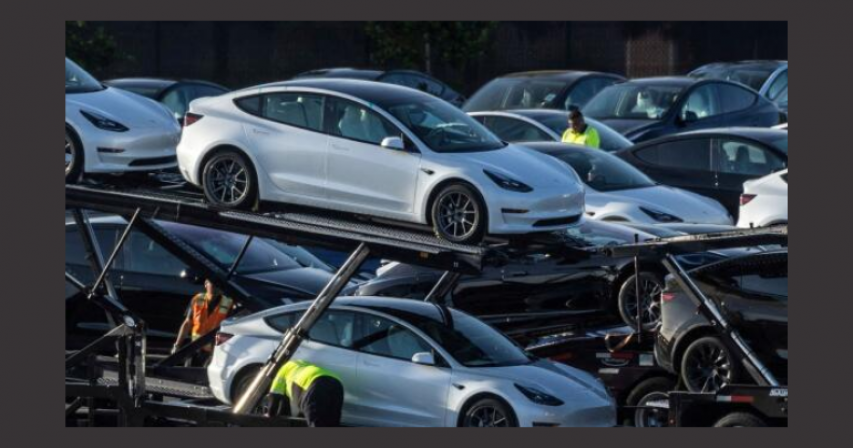Tesla scraps low-cost car plans amid fierce Chinese EV competition

Tesla's decision to scrap its long-anticipated low-cost car, the Model 2, in favor of focusing on self-driving taxis has sent shockwaves through the automotive industry. The move represents a significant departure from CEO Elon Musk's longstanding vision of providing affordable electric vehicles for the masses. Instead, Tesla will now prioritize the development of self-driving robotaxis on the same small-vehicle platform.
The cancellation of the Model 2 marks a stark reversal of Tesla's previous strategy and highlights the intense competition the company faces, particularly from Chinese electric vehicle makers offering cars at significantly lower price points. While Musk had repeatedly promised an affordable vehicle, with estimates placing the starting price at around $25,000, the company has now abandoned this goal in favor of pursuing the more ambitious self-driving taxi concept.
The decision underscores the challenges Tesla faces in the rapidly evolving electric vehicle market, where Chinese manufacturers have made significant strides in producing affordable EVs. These competitors have gained market share and economies of scale, posing a formidable threat to Tesla's dominance. Additionally, Tesla's delay in pursuing the Model 2 has made it even more challenging to compete in the entry-level segment, which is already crowded with compelling offerings from other manufacturers.
Despite the cancellation of the Model 2, Tesla's ambitions for mass-market sales remain intact. CEO Elon Musk has set ambitious targets, including aspirations to sell 20 million vehicles by 2030. However, without the affordable Model 2 in its lineup, achieving these goals may prove more challenging.
The decision to pivot towards self-driving taxis also comes with its own set of risks and uncertainties. While Musk envisions a future where autonomous taxis revolutionize transportation, the technology is still in its infancy, with regulatory and engineering challenges to overcome. Moreover, Tesla has yet to demonstrate its ability to produce a fully autonomous vehicle, despite years of promises and predictions.
Tesla's stock price reacted negatively to the news of the Model 2's cancellation, reflecting investor concerns about the company's strategic shift and the intensifying competition in the electric vehicle market. However, Musk's announcement of an upcoming reveal for Tesla Robotaxi could offer a glimmer of hope for investors, signaling continued innovation and growth opportunities for the company.
In conclusion, Tesla's decision to abandon its plans for the Model 2 in favor of self-driving taxis marks a significant shift in strategy for the electric vehicle giant. While the move reflects the challenges and realities of the competitive landscape, it also underscores Tesla's commitment to innovation and its vision for the future of transportation.
By: Sahiba Suri





Comments